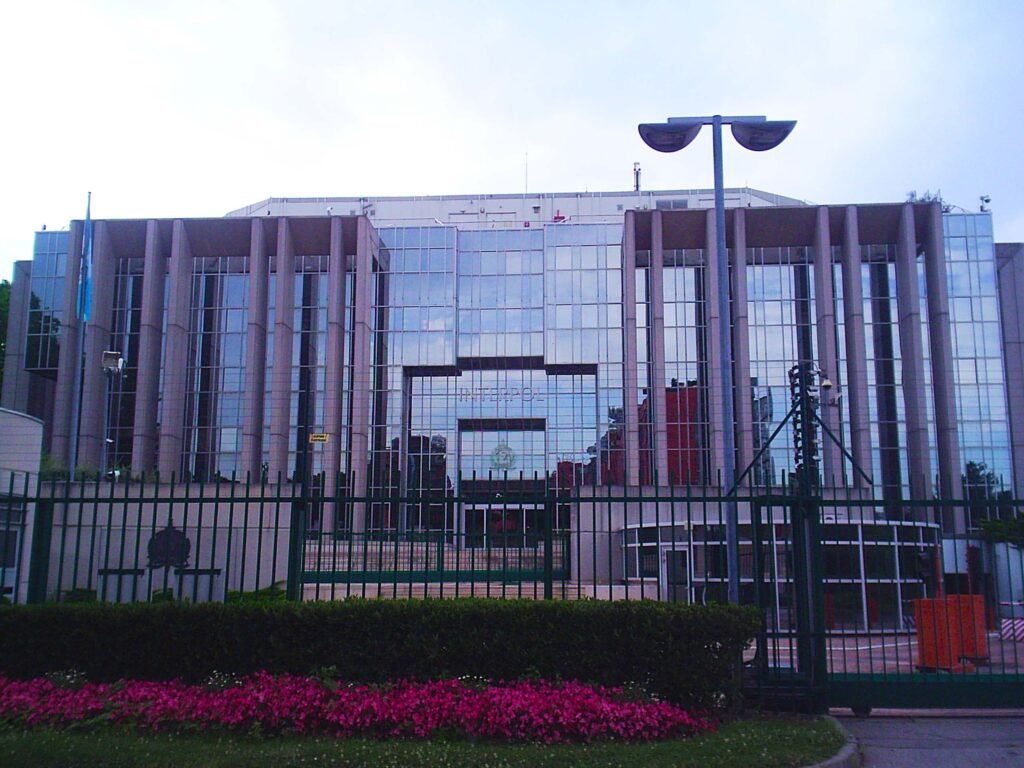
BUENOS AIRES, Argentina – October 29, 2024 – An INTERPOL-led operation targeting the trade of counterfeit and pirated products across South America has led to the seizure of over 11 million illicit items and the arrest of 104 individuals. The operation, named Crete II, which ran from August to September 2024, aimed to dismantle networks involved in intellectual property crimes, focusing on goods that pose significant risks to consumer health and safety.
With the participation of 12 countries, the operation resulted in an estimated USD 225 million worth of seized goods, including counterfeit fashion items, pharmaceuticals, and digital media. Among the confiscated products were nearly 300,000 pharmaceutical items, including prescription medications such as vaccines, antidepressants, and chemical precursors used in illicit drug production.
The scope of the operation also uncovered widespread criminal activity. Of the 104 individuals arrested, 35 were detained for smuggling, 47 for violations related to intellectual property, 15 for the illegal marketing of drugs and medical products, and seven for other criminal activities.
A Deep Ties to Organized Crime
One of the key outcomes of Operation Crete II was the dismantling of a criminal syndicate in Brazil that had smuggled over USD 250 million in counterfeit cigarettes. The group had evaded customs inspections using fake documents and invoices. Authorities arrested several suspects, and the operation led to the seizure of a range of assets. The suspects now face multiple charges, including forgery, trafficking in unfit products, and money laundering, with potential prison sentences of up to 48 years.
In Chile, law enforcement uncovered a network dealing in counterfeit jewelry, leading to the seizure of 2,478 fake items, including rings, bracelets, and necklaces, valued at an estimated USD 523,000. In Ecuador, authorities disrupted a counterfeit alcohol ring manufacturing fake premium whiskey brands under unsanitary conditions. The group used recycled bottles and counterfeit labels to deceive consumers.
Authorities in Paraguay also uncovered a clandestine warehouse in the tri-border region of Argentina, Brazil, and Paraguay, where counterfeit shoes were being produced. The operation resulted in the seizure of items worth approximately USD 750,000.
A Coordinated Global Effort
INTERPOL Secretary General Valdecy Urquiza emphasized that counterfeiting and piracy are not isolated crimes but are often linked to broader organized crime activities, including human trafficking, drug smuggling, and money laundering. He underscored the importance of law enforcement coordination to disrupt these illicit networks and protect communities.
“Counterfeiting and piracy are deeply tied to serious crimes that endanger public safety. Organized crime groups always prioritize profit over people, making it essential to dismantle their operations through coordinated law enforcement efforts,” said Urquiza.
The operation was also supported by the IP KEY Latin America Project and the International IP Crime Investigators College (IIPCIC), which organized training sessions and intelligence-sharing activities for over 100 stakeholders, including police officers, customs agents, prosecutors, and private-sector representatives. These efforts helped improve national-level coordination and strengthen collaboration between law enforcement and industry stakeholders across South America.
As a result of Operation Crete II, authorities in the region have made significant strides in combating the dangerous trade in counterfeit goods, demonstrating the power of international cooperation in tackling organized crime and protecting both public health and intellectual property rights.



